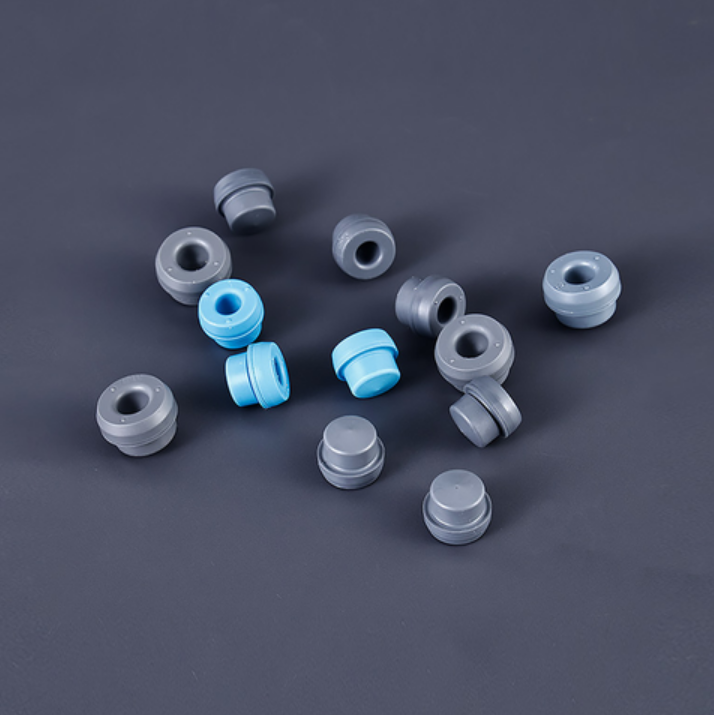Maintaining stringent quality standards is paramount in the injection molding process for medical products to ensure the safety and efficacy of the final components. Quality assurance begins with the selection of materials, where only materials approved for medical use are utilized to meet regulatory requirements.
Furthermore, the design and construction of molds are carefully engineered to achieve precise dimensions and surface finishes, minimizing the risk of defects in the molded parts. Advanced mold design techniques, such as mold flow analysis and computer-aided design (CAD), are employed to optimize part manufacturability and consistency.
During production, comprehensive process controls are implemented to monitor key parameters such as temperature, pressure, and injection speed. Real-time monitoring and automated systems help detect and address any deviations from the specified process parameters, ensuring uniformity and repeatability in part production.
Additionally, thorough inspection and testing protocols are conducted throughout the manufacturing process to verify the quality and integrity of the molded components. Dimensional inspection, visual inspection, and functional testing are performed to identify any defects or irregularities that may compromise the performance of the medical products.
By adhering to stringent quality assurance measures, injection molding manufacturers can uphold the highest standards of quality and compliance in the production of medical products. This commitment to quality is essential in safeguarding patient health and maintaining the trust of healthcare professionals and regulatory authorities.



